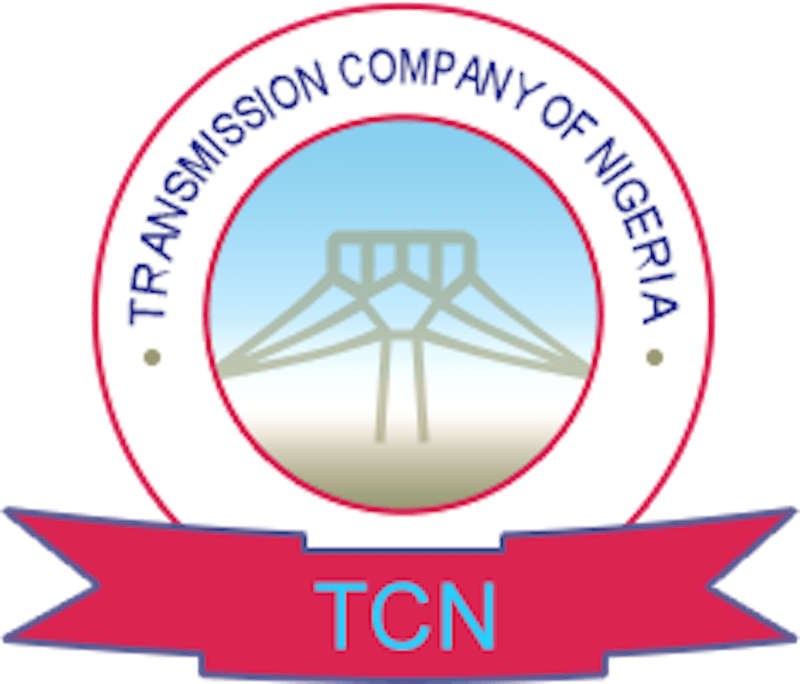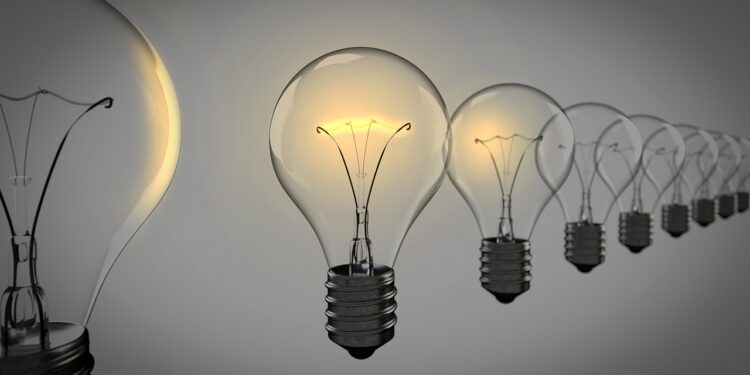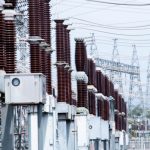By Energy Worth
The Transmission Company of Nigeria (TCN) says it will construct six 330kv transmission substations in Lagos and Ogun s to improve power supply and boost industrialisation in the country.
The Managing Director of TCN, Mohammed Usman-Gur, made this known at a news conference in Abuja, on Tuesday.
He said the construction of the substations became necessary in view of the importance of electricity in promoting industrialisation.
According to him, TCN‘s move to build the substations in the Western parts of the country is aimed at consolidating on its Transmission Rehabilitation Expansion Programme (TREP), having begun the Abuja transmission expansion projects.
“We also have the Lagos, Ogun transmission substations, and we are putting six transmission substations between Lagos and Ogun and this substations are the substations we are doing to target the most industrialised parts of Nigeria.
“Most of the biggest industries we have in Nigeria are between Abeokuta and Lagos, so we are building four 330kv substations in Ogun .
“This is the first time in the history of Nigeria that we are building more than one 330kv substations in one location and this time we are building four.’’
Mr Mohammed, who did not disclose the cost of the projects, listed the locations of the projects in Ogun to include Mountain of Fire, Ojijo, Aribajo and new Agbala.
He said the other two substations would also be developed at the Badagry area of Lagos.
“We have finished the survey, we have finished the design, and we have determined the compensation.
“What is remaining is that the compensation became very high, but we have briefed our minister and he wrote to the Ogun state government to bring down the cost of compensation or to take up the compensation itself. “
According to him, TCN will ensure that companies who had previously abandoned TCN’s equipment at the port will not be allowed to win the contract.
He said that only qualified and credible contractors would be allowed to bid for the project.
Mr Mohammed also said that TCN had begun the process of acquiring a functional Supervisory Control and Data Acquisition system (SCDA) to monitor activities of power sector operators on the national grid.
He said the installation of a functional SCDA would deter operators across the value chain from engaging in activities capable of affecting the grid.
The TCN boss also announced that the company had attained a wheeling capacity of 7,124, as at Dec. 2017, having commissioned new substations and installed 27 new transformers across the country.
Mr Mohammed noted that installation of the transformers was done by TCN in- house engineers at reduced cost, adding that the company had also maintained its frequency control at 49.5 and 50.5.
He, however, said TCN was working to attain the West African Power Pool (WAPP) frequency control target of 49.8 and 50.2, and would also establish a spinning reserve to stabilise the grid.
On TCN’s stranded containers at the port, he said the company via the support of Federal Government recently recovered 693 containers of transmission equipment.
According to him, several attempts to recover the containers in the last 15 years have been unsuccessful by previous management.
The TCN boss said European Union (EU) had also agreed to provide a 25 million Euro grant to TCN to build sola power transmission line in Katsina.
He said the line would be used to transmit Federal Government’s planed 1000 solar power Independent Power Project due to be constructed in Katsina.
Mr Mohammed also revealed that TCN’s funding had not improved, hence it submitted a request to Nigeria Electricity Regulatory Commission (NERC) to review its tariff.
According to him, the company had devised other measures to source funds to execute its projects through multilateral and donor agencies and reduction of cost of projects by using in -house engineers to execute projects.
Mohammed noted that Federal Government through the effort of Ministry of Power, Works and Housing had also helped to approach the Ministry of Finance for assistance for its expansion programmes.
He emphasised the need for investment on distribution infrastructure on the part of the Distribution Companies (DisCos) for improved power supply in the country.









